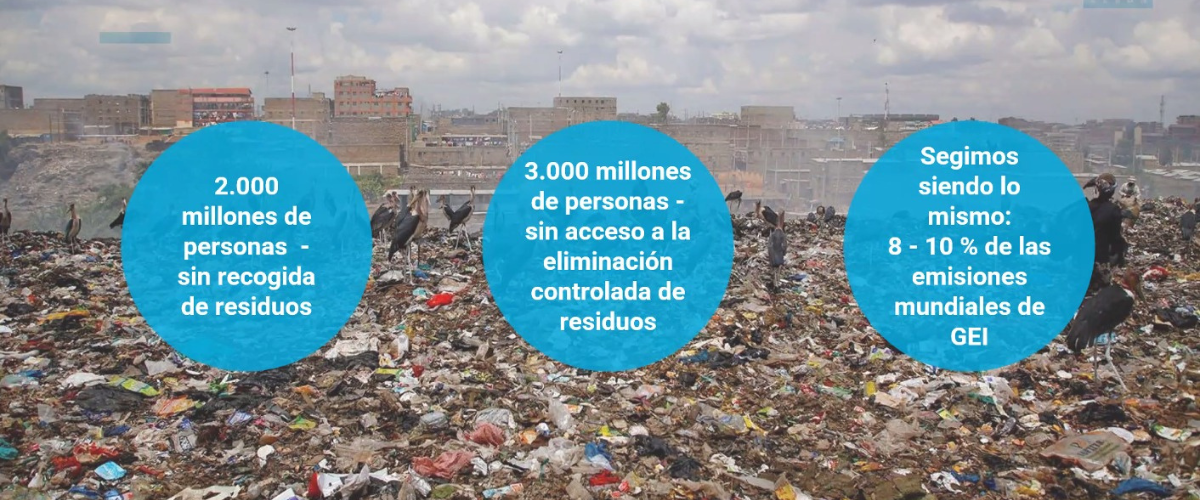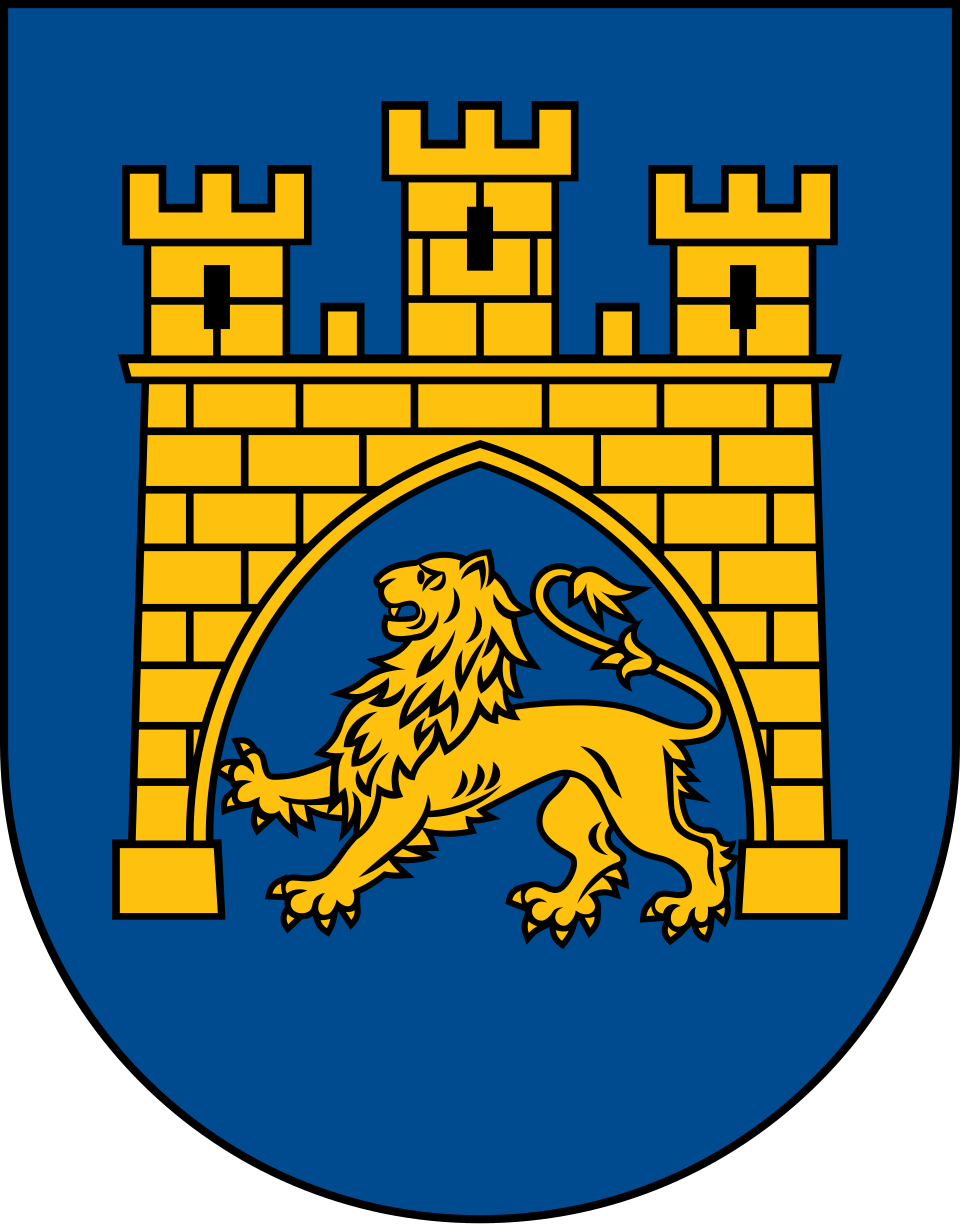Webinar Offers Tools to Regions for Waste Management

ORU Fogar has organized a webinar focused on the presentation of UN-Habitat’s Waste Wise Cities initiative, with the aim of showcasing innovative waste management tools to its members in Latin America. This event responded to the growing interest in addressing the environmental, logistical, and sanitary problems posed by waste management in those countries.
The webinar began with an intervention by Roi Chiti, coordinator of the UN-Habitat HUB for Andean Countries; however, it was Shiho Jinno from UN-Habitat’s headquarters in Nairobi and Xavier Cobeña from the UN-Habitat team for Andean Countries who presented the strategies for properly managing waste. In his introduction, Roi Chiti explained: “We have been supporting cities in waste management policies, but we must also work with regional governments, because they are the key to territory management.”
The event started with an overview of the global waste situation: currently, 2,000 million people do not have access to waste collection and 3,000 million lack a controlled disposal system. Another striking figure presented was that every year 11 million tons of plastic end up in the oceans. If urgent measures are not taken, it is estimated that by 2050 there will be more plastic bottles than fish in the sea. A concrete example was shown, very close to UN-Habitat’s headquarters: the case of Mombasa, Kenya, where only 56% of waste is collected and barely 5% is managed in controlled facilities.
Waste Wise Cities seeks to improve waste management worldwide and is aligned with SDG 11 (Sustainable Cities and Communities), particularly with target 11.6, which aims to reduce the negative environmental impact of unmanaged waste. But it also impacts SDG 12 (Responsible Consumption and Production) and SDG 14 (Life Below Water). Waste Wise Cities is based on the circular economy approach, promoting the reduction, reuse, and recycling of waste to minimize its impact on the environment. The initiative also works on training territorial stakeholders and developing efficient public policies in order to achieve cleaner and more sustainable cities and territories. Within the framework of the program, regions can apply for technical support, funding, and lines of cooperation.
Shiho Jinno complemented this presentation by introducing the WaCT tool, designed to assess the generation, collection, and management of waste in controlled facilities, thereby facilitating investments in infrastructure. It was highlighted that proper waste management not only positively impacts public health and quality of life but also generates economic opportunities and fosters the creation of green jobs in cities.
The session, attended by intermediate governments from Brazil, Ecuador, Peru, Uruguay, and Argentina, concluded with a Q&A segment where participants were able to share experiences and challenges. Topics such as recycling laws in Argentina and the contributions of Ecuadorian provinces to waste management were addressed. Finally, a call was made to regional governments to share data and strengthen the global information base, thereby allowing for better planning and decision-making in sustainable waste management.
In any case, the webinar reached some conclusions. The first emphasized the importance of waste separation. Separating organic from non-organic waste is a first step, but separating the different recyclables afterward is also necessary. The second conclusion pointed to the priority of closing uncontrolled landfills and constructing sanitary landfills. Finally, many participants demanded that the problem be addressed at its source. Thus, there was discussion of the “packaging law,” the necessary commitment from companies to not generate waste, and finally, the producer’s shared responsibility.
In his intervention at the webinar, Carles Llorens, Secretary General of ORU Fogar, noted the growing interest in this topic among the regions. He committed not only to promoting the Waste Wise Cities initiative but also to continuing to support technical exchanges on the subject, such as those facilitated by the European TAIEX (Technical Assistance and Information Exchange) program. Llorens ultimately pointed out the need for pedadogy, noting as an example that ORU Fogar events are always “plastic free.” “All regional events should be so!”
Similar sessions in English and French were announced.










































































